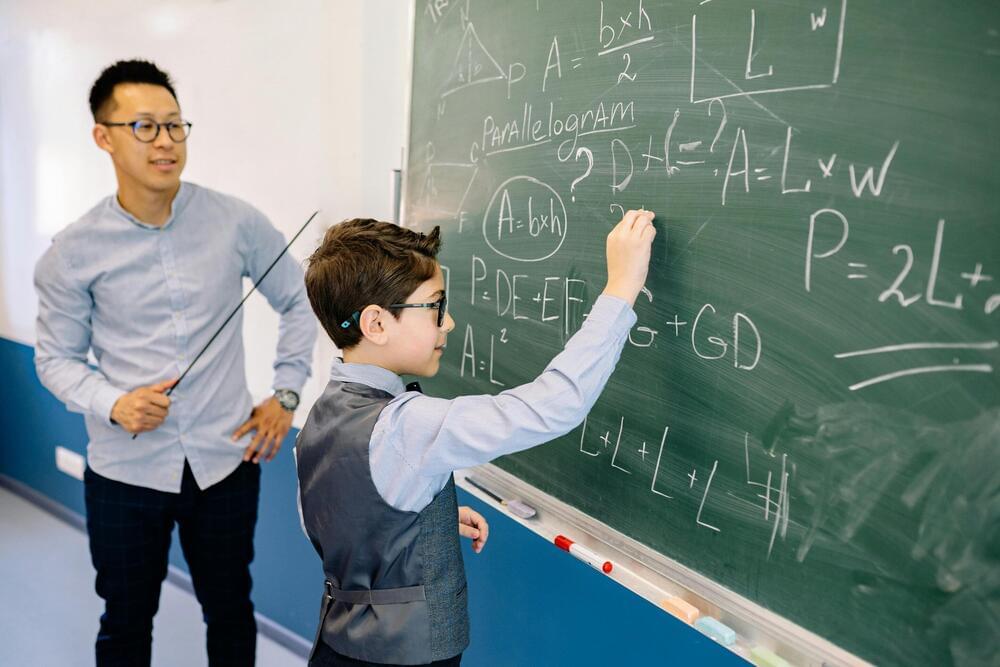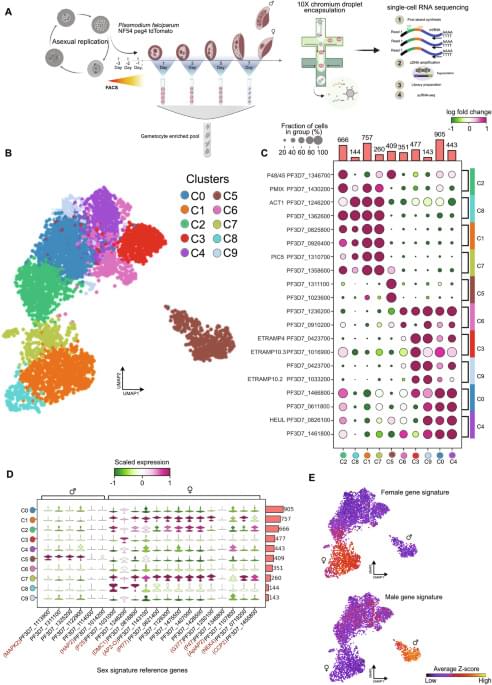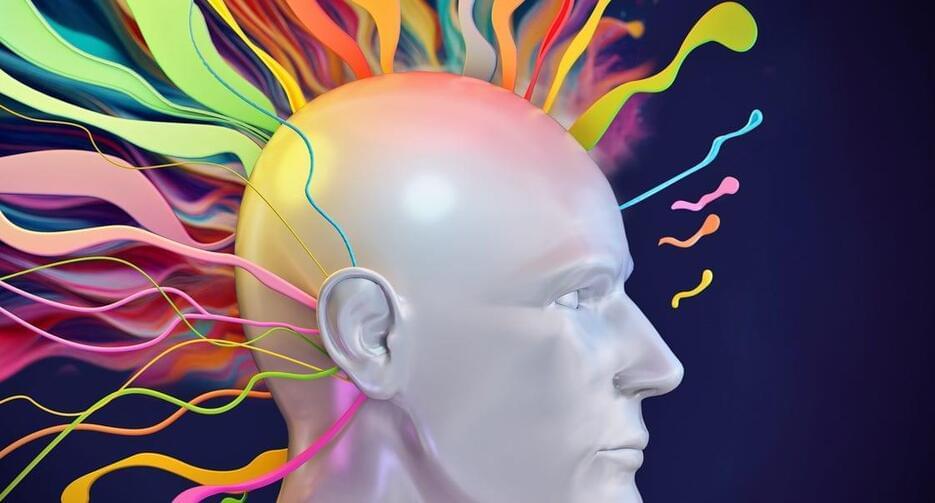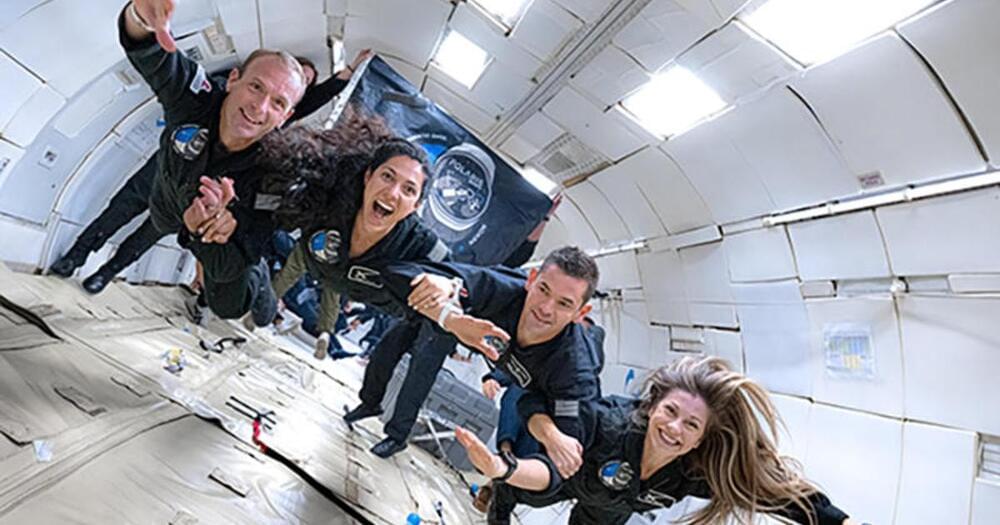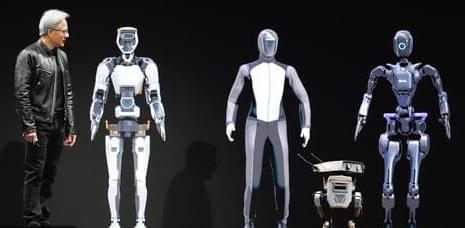
Picking up a box and placing it in a neat pile is not an impressive action in itself for a robot; understanding an enigmatic human command and correctly deciphering and explaining the decision-making process, are definitely innovations. Digit owes parts of its progress to the generative artificial intelligence revolution that also reached the field of robotics and turned expectations from it on its head. “I’ve been asked what’s the biggest thing in 2024 besides language modeling — it’s robotics. Period,” Nvidia’s senior AI scientist Jim Fan wrote in December. “We’re about three years away from a ChatGPT moment for physical AI agents,” he explained.
Ever since Fan made this statement, it seems that everyone is talking about the “ChatGPT moment of robotics”, or the hope of a technological breakthrough that will push the field forward and finally fill our homes with intelligent humanoid robots to help us with household chores, wash the floor, set the table or do the laundry (but not fold it). “What has been happening in recent months is dramatic,” explains Amir Bousani, CEO of R-Go Robotics, which recently entered into a partnership with Nvidia to equip the robot it is developing with its spatial perception capabilities. “The physical world is more difficult than the internet,” notes Dr. Oren Etzioni, founding CEO of the Allen Institute for Artificial Intelligence, “but the field of robots that have the ability to behave in general is running much faster today.”
The huge interest in humanoid robots, or humanoids, which Fan is talking about, is evident in the constant announcements in the field: in February, the startup Figure raised $675 million from Jeff Bezos, Nvidia, and OpenAI for the development of the humanoid. In March, Nvidia’s CEO stood on the stage of the company’s developer conference alongside nine humanoids from different companies and announced that building models for robots is “one of the most exciting problems to solve in artificial intelligence”; in April, Elon Musk promised that he would launch the humanoid robot he is developing — Optimus — next year and predicted that by 2040 there will be a billion humanoids among us. A short time later, the activities of Mentee Robotics, Amnon Shashua’s company that was founded two years ago and also develops the humanoid, went public.

